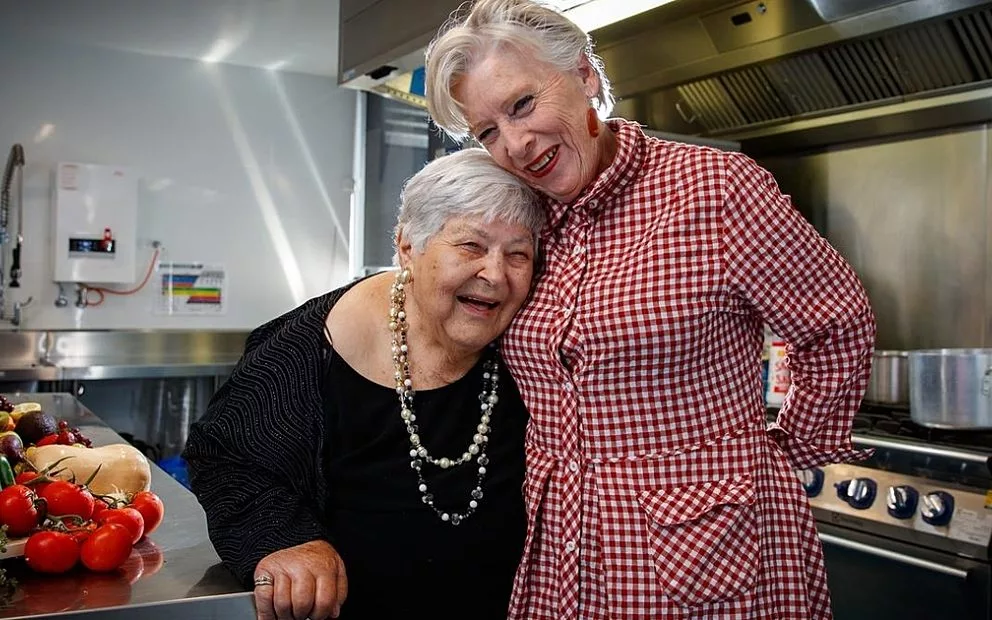The Bowen Oliver Oration will explore the importance of how translational research can be applied to help not only those who suffer from medical conditions that affect large proportions of the population, but also those who suffer from rarer and more uncommon diseases.
Bowen Oliver is an example of a life that was impacted upon positively through translational research. Bowen was diagnosed with MPS VI in 1999 at age six. MPS VI is an inherited disorder that leads to profound malformations in the skeletal system and stunted growth, as well as heart and breathing difficulties, problems with sight, and, in some cases, brain deterioration.
At the time of his diagnosis, no effective treatment was available, but research had begun at the Lysosomal Disorders Research Unit (now a part of SAHMRI) in Adelaide to find a treatment for this rare condition. Three years later, Bowen was fortunate to be part of the successful clinical trial of that treatment, a drug known as Naglazyme, which now treats over 1,000 MPS VI patients world-wide.
Professor John Hopwood, Director of the Lysosomal Diseases Research Unit, whose group conducted the research that led to the development of Naglazyme, said that research needs to continue to move from bench to bedside and transform basic-science breakthroughs into clinical applications.
“Basic research and small clinical trials are conducted all the time, to understand the nature of diseases. In the continued funding of basic research, there is usually little immediate return. In the case of my work with Bowen and his condition, it took 25 years to be able to provide an effective treatment for MPS VI.
Bowen’s parents, David and Christina Oliver, said that prior to diagnosis, they had witnessed the steady decline in Bowen’s health, and the impact it had on all areas of his life.
“Commencement of treatment saw immediate improvement in Bowen’s health and vitality, which was outstanding. Treatment gave him the opportunity to thrive and lead a positive and meaningful life. This was only possible due to early access to treatment arising from Australian research,” Mr and Mrs Oliver said.
“Losing Bowen so unexpectedly, emphasises the importance of continued research that brings treatments, and eventually cures, to all those affected by rare diseases.”
Someone who knows the importance of translational research is Professor Ian Frazer, Inaugural CEO and Director of the Queensland Translational Research Institute and Inaugural President, Australian Academy of Health and Medical Sciences, who is guest speaker at the Oration.
Professor Frazer, the developer of the cervical cancer vaccine, Gardasil, said that translational research, the link to facilitate a pathway from discovery to health, is vital in today’s environment.
“A small investment in translational research, could lead to clinical applications and potentially huge outcomes, which will stem from the basic research,” Professor Frazer said.
“Currently, finding ‘blockbuster’ treatments is proving increasingly difficult as a result of the risks associated with funding projects that may not be adopted by large pharmaceutical companies.
“Big pharmaceutical companies are not interested in minor improvements; they are interested in widespread diseases and population health issues. However, funding for less common diseases is not easily awarded, as it won’t benefit large proportions of the population.
“There is little difference between the process I undertook to develop the Gardasil vaccine, to the process John and his team took to develop Naglazyme; they were both ideas that were used to satisfy a community health need, that are now being used by millions of people around the world," Professor Frazer said.
Picture: Courtesy of Christina and David Oliver.




